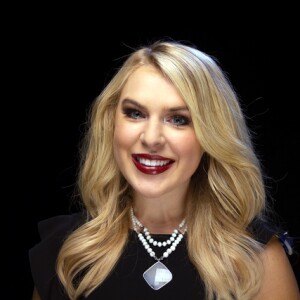BOISE — The students at the Gaming, Interactive Media & Mobile Technology Lab at Boise state are using virtual reality to read to deaf children.
"There's going to be speaking and signing in the book and also the written words that are the translation to those signs," said junior at Boise State Olivia Thomas.
The reader will be able to move the characters through the story by signing back to them. the goal is to improve reading skills for deaf children, kind of like reading out loud in the traditional sense.
"A lot of times [for] deaf children it's harder for them to learn written language because they don't hear people talk as much and they don't have that experience to draw upon," said Thomas.
Across the classroom, other students are working on a v-r project to start a different dialogue on eating disorders.
"I hope that is has other people that have a lot of shame around their eating disorder to start talking about it, because that's part of the healing process," said Becka Watkins, who is in recovery.
Becka is working with the GIMM lab students to share her story, of her 25-year long struggle with an eating disorder. The game helps show others in recovery that they're not going through the experience alone.
"Hearing other peoples success stories has been one of the most effective ways to deal with issues of any kind, so I think having a game that can kind of explore that is super helpful," said senior at Boise State Dean Cohen.
Both projects will be free to the public once released, but coders say the conversation is far from over.
These projects are part of a collaboration between the GIMM Lab and The Old Coot & Maggie Foundation. The project centered on eating disorders, called "it's Not Me" is set to be released around May 2. Students are hoping to have a prototype of the children's book completed by the end of the summer. Next projects are potentially aimed at helping those with autism and dementia.




